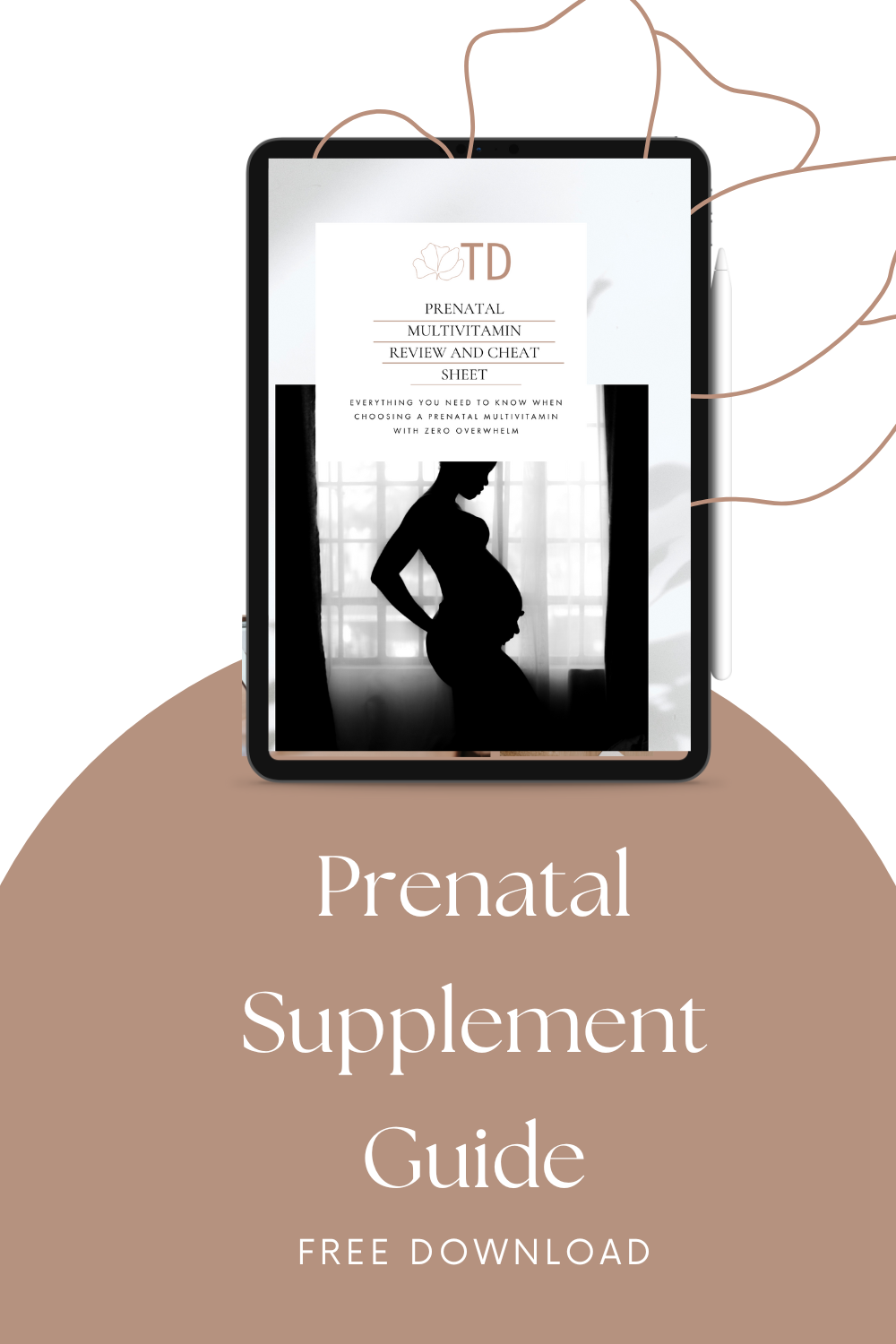Fertility
Fertility struggles affect 1 in 6 couples and you do not have to navigate your troubles alone. Tess works with heterosexual, homosexual and singles to achieve their dream of a healthy baby through thorough assessment of contributing issues including, but not exclusive: thyroid hormone issues, endometriosis, PCOS, male fertility issues (contribute to up to 60% of fertility issues), nutrient deficiencies, immune challenges, gut and vaginal infections, age- related infertility.
Many couples that come to see Tess say they wish they had come to see her sooner as she often uncovers contributing issues, that had previously not been found.
She then uses nutrition, supplementation, herbal medicine and lifestyle advice to help support and improve not only your fertility but also impact your future baby’s health for the better.
She has great working relationships with IVF clinics and will work with your fertility specialist throughout your IVF and ART journey as needed along with your general practitioner.
Confused about what prenatal multivitamin to buy? Get my FREE guide here
8 prenatal multivitamins are reviewed
Find out my favourites and which ones are NOT!
Key nutrients you need when trying to conceive or pregnant
Preconception care
The health of your baby can be influenced long before conception. In a world where nearly 1 in 2 children have a chronic disease, preconception care offers a unique way to influence the health of your baby for the better and also provide the chance to improve brain health, prevent allergies and immune disorders, along with gaining optimal nutrients for healthy growth and development. It takes 120 days for the final stages of egg development and 72-76 days for final stages of sperm development. Therefore we recommend beginning preconception care at least 4 months before you plan on conceiving.
Preconception care can involve:
Addressing hormone irregularities for optimal chances of conceiving
Support with removing and common household and personal care toxins that are now known to be hormone disruptors and can affect the growth of baby
Assessing nutrient deficiencies in male and females to improve sperm and egg quality
Dietary and lifestyle support to address any issues that could affect egg and sperm quality along with increasing pregnancy risks. This includes addressing excess weight, poor dietary and exercise choices, caffeine, alcohol intake and drug addictions, including marijuana.


